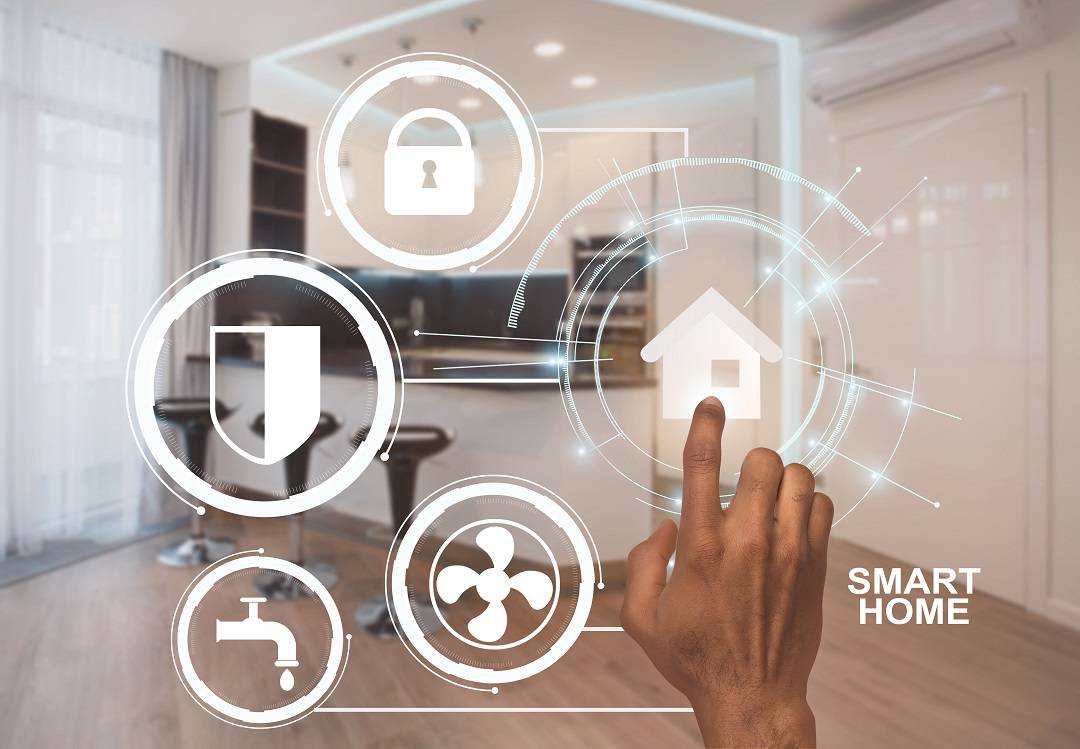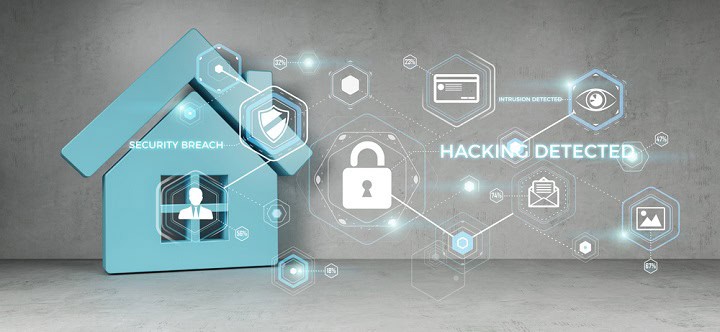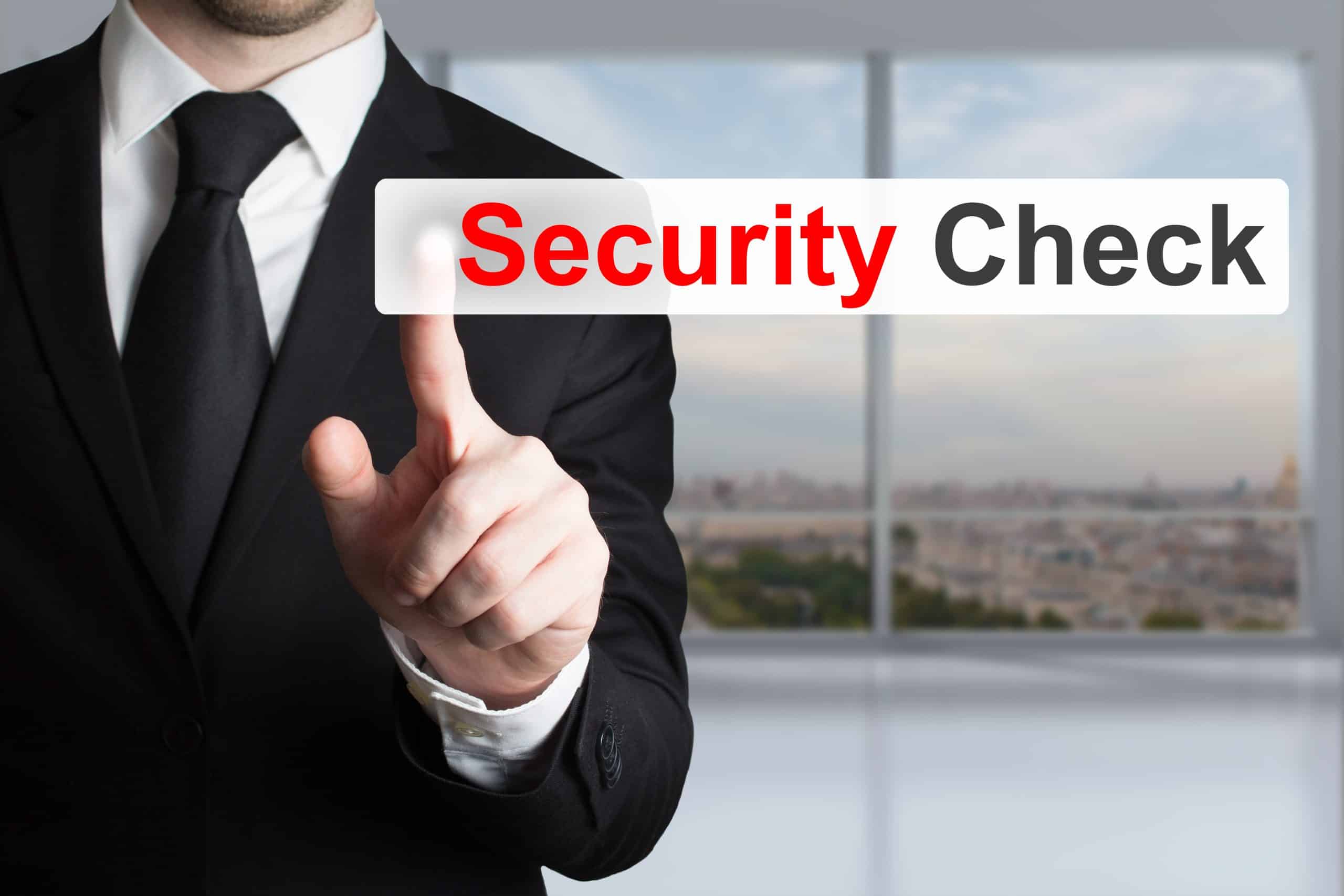Welcome to our post on smart home privacy. In this post, we’ll be talking about the privacy risks inherent in having a smart home, and how to mitigate and manage those risks. In today’s digital age, where technology has become an integral part of our lives, smart homes have emerged as a popular trend. These homes are equipped with various devices that can be controlled remotely, making our lives more convenient and comfortable. However, with this convenience comes the need to address the potential risks to our privacy and security. So, if you’re a tech enthusiast or a homeowner looking to enhance your living space with smart devices, read on to discover the essential knowledge you need to protect your privacy in this interconnected world.
Why is Smart Home Privacy important?
Smart Home Privacy is important because it safeguards your personal information and ensures the security of your home. With smart home devices becoming increasingly popular, it’s crucial to understand and manage the risks associated with them. By protecting your privacy, you can prevent unauthorized access to your personal data, such as your location, daily routines, and even your voice recordings. Additionally, maintaining smart home privacy helps to safeguard against potential hacking attempts that could compromise the security of your home and put your family at risk. Taking privacy precautions and being mindful of the data collected by your smart devices is essential for maintaining a safe and secure smart home environment.
Best Practices for Smart Home Privacy
Smart home privacy best practices look surprisingly similar to general computer and internet security best practices. In general, make sure things are up to date with patches, use encryption and strong passwords where you’re able to, lock your devices, and disable unnecessary features.
Specifically, to enhance smart home privacy, here are some tips to consider:
- Secure your Wi-Fi network: Ensure that you have a strong and unique password for your Wi-Fi network to prevent unauthorized access to your smart home devices. Enable encryption on your wifi network. If possible, use a guest network or separate subnet for your smart home devices.
- Regularly update your devices: Keep your smart home devices’ firmware and software up to date. Manufacturers often release updates to fix security vulnerabilities and enhance privacy features.
- Disable unnecessary features: Review the settings of your smart home devices and disable any features or permissions that you don’t need. This reduces the amount of personal data that is being collected. It also gives a smaller attack surface for the bad guys to target.
- Use strong and unique passwords: Create strong and unique passwords for each of your smart home devices to prevent unauthorized access. Avoid using common passwords or easily guessable combinations. In general, you want a mix of upper case, lower case, numbers, and symbols in your passwords and would not have words in the password. Store these passwords in a safe, secure location ( where you won’t lose them! ).
- Enable two-factor authentication: If available, enable two-factor authentication for your smart home devices. This adds an extra layer of security by requiring a verification code in addition to your password.
- Regularly review your privacy settings: Take the time to review and customize the privacy settings for your smart home devices. Understand what data is being collected and how it is being used. This also lets you take advantage of any new privacy features or settings that vendors may have provided in those updates you’re installing.
By following these tips, you can significantly enhance the privacy of your smart home and minimize the risks associated with these devices. Stay informed and proactive when it comes to managing the privacy of your smart home to enjoy the benefits of a connected home without compromising your personal information.
What are the risks associated with Smart Home devices?
The risks associated with Smart Home devices primarily revolve around privacy and security concerns. These devices, such as smart speakers, thermostats, and security cameras, are constantly collecting and transmitting data about our homes and daily routines. This data can include sensitive information like our schedules, personal conversations, and even our habits. If not properly secured, this information can be vulnerable to hacking. We’ve all heard the stories of hackers getting into your baby monitors, following the best practices here will help prevent that from happening to you.
Additionally, there is also the risk of third-party companies collecting and selling this data without our knowledge or consent. Therefore, it is crucial to understand and manage these risks by implementing strong passwords, keeping devices up to date with the latest security patches, and carefully reviewing the privacy policies of the smart home products we use.
What are the potential consequences of a privacy breach in a Smart Home?
The potential consequences of a privacy breach in a Smart Home can be quite significant. Firstly, unauthorized access to your smart devices and data can lead to a breach of your personal information, such as your name, address, and credit card details. This could result in identity theft and financial loss. Moreover, hackers gaining control of your smart home devices can invade your privacy by monitoring your activities and even recording audio or video without your consent. This intrusion into your personal space can be extremely unsettling and a violation of your rights. Additionally, a privacy breach could also compromise the security of your entire home network, potentially allowing hackers to gain access to other connected devices, like your computer or smartphone. It is crucial to understand these risks and take appropriate measures to protect your privacy in a Smart Home.
Are there any laws or regulations that protect Smart Home Privacy?
Yes, there are laws and regulations in place that aim to protect Smart Home Privacy. For instance, in the United States, the Federal Trade Commission (FTC) enforces consumer protection laws, including those related to privacy and data security. Additionally, the California Consumer Privacy Act (CCPA) and the European Union’s General Data Protection Regulation (GDPR) have provisions that address smart home privacy. These regulations require companies to be transparent about the data they collect, how it is used, and give consumers control over their personal information. However, it is important for smart home users to carefully review the privacy policies and terms of service of the devices they use, as not all smart home products may be governed by these laws. It’s always a good idea to stay informed and understand the privacy protections provided by the specific products you are using.
In Summary
Thank you for taking the time to read our blog post on smart home privacy. We hope this post gave you a greater understanding of the risks of having a smart home, as well as ways to reduce those risks. In today’s digital age, it is crucial to be aware of the potential risks associated with smart home devices and take necessary precautions to protect our privacy. By understanding the risks and implementing effective strategies to manage them, we can enjoy the convenience and benefits of a smart home while safeguarding our personal information. Stay safe and stay connected!



